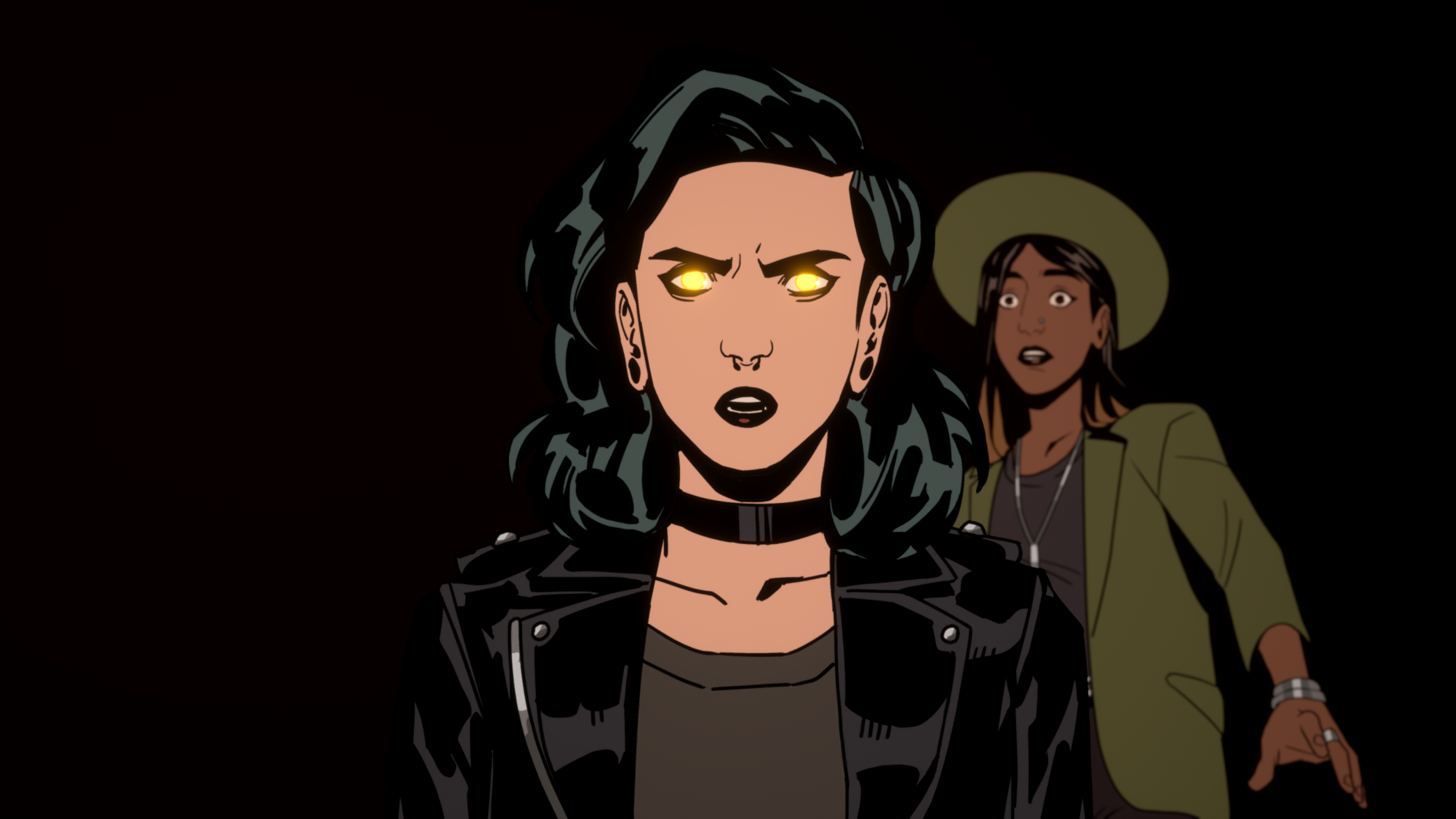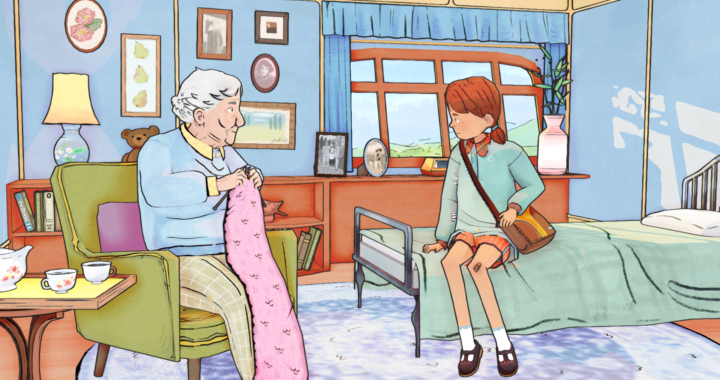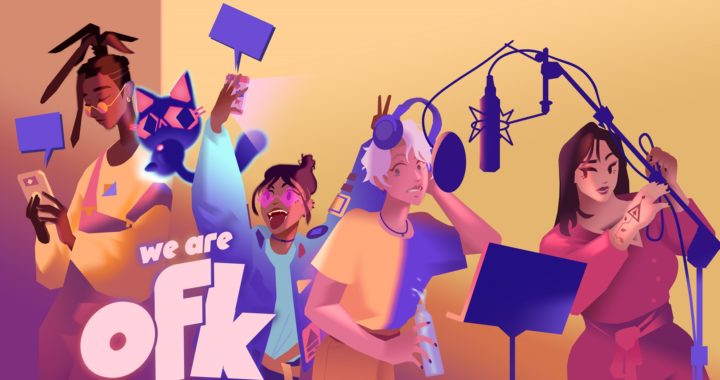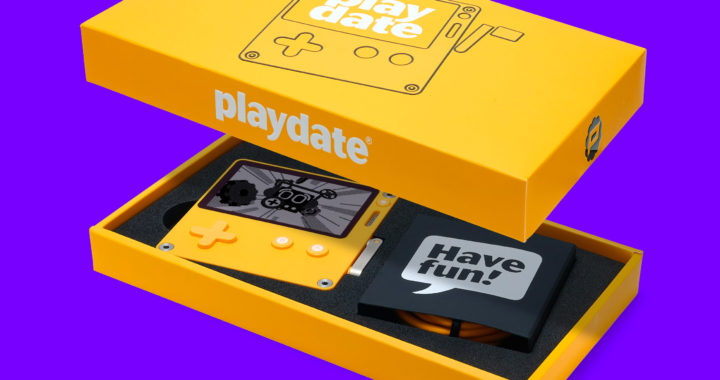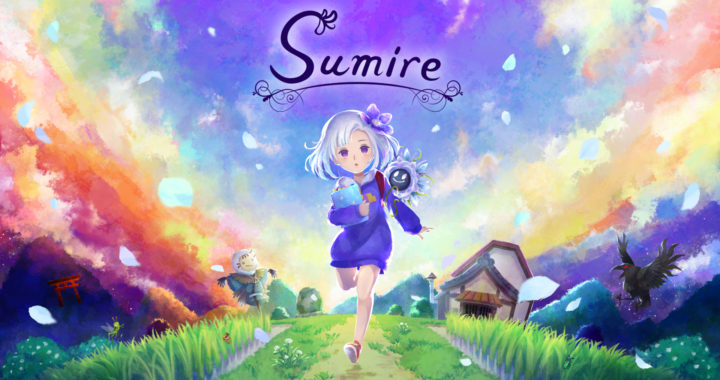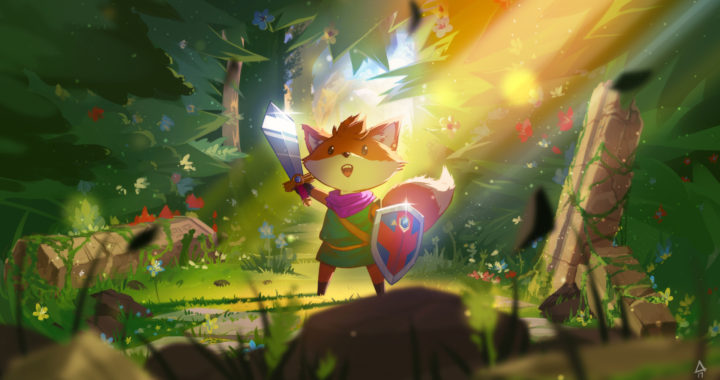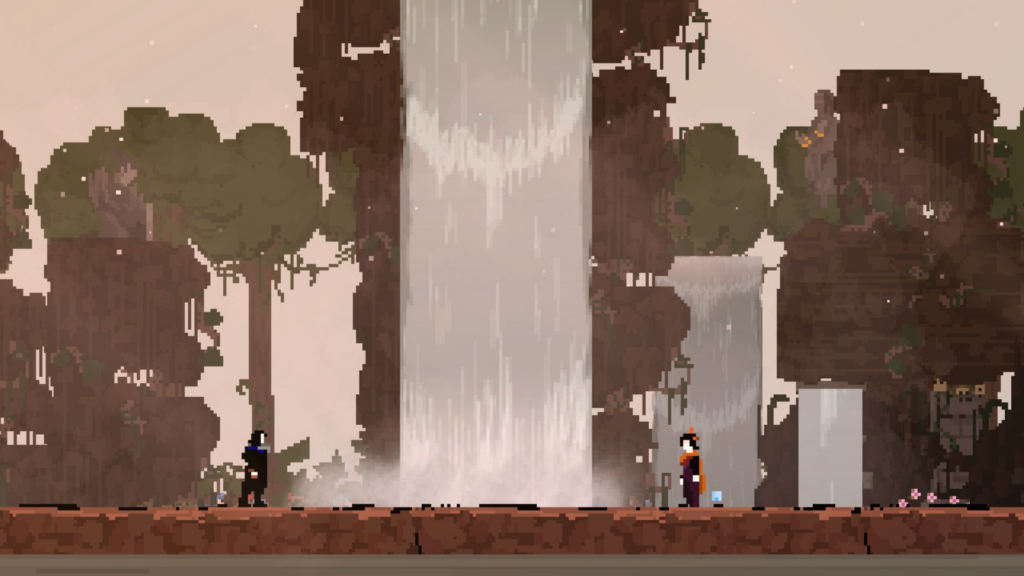
Olija is a Hauntingly Beautiful Journey Worth Taking
2020 was one of the absolute greatest years in gaming I’ve ever experienced, and while several fantastic games were released last year, truth be told my experience had little to do with them. Last year, I finally worked through part of the bottomless pit of games that comprise my backlog, finally experiencing titles such as Metal Gear Solid 2: Sons of Liberty, Katana Zero, The Legend of Zelda: Majora’s Mask, and Hyper Light Drifter. As I rolled credits on each and every one of them, by far my loudest thought was: “Holy shit, I can’t believe it took me so long to play that.” To acknowledge there was a time when those games were not a priority to me was both frustrating and bewildering post experiencing them. Each game shifted my perspective regarding what sort of titles I enjoy and would like to play next, and directly contributed to my interest and subsequent adoration towards my first game of 2021, Skeleton Crew’s Olija.
A year ago, I’m not sure how much interest I’d have had in Olija–I’d always kept some distance between myself, pixel art, and 2D platformers. However, after what I’ll boldly refer to as my personal gaming revolution (don’t worry, I hated typing that as much as you hated reading it), my first impressions of Olija landed it right smack in the “totally my shit” category, and made it a must-play for me. Great news is, Olija is so deserving of that assessment and ultimately kicked off my 2021 in a pretty damn good way.

Olija is a 2D action-platformer that seemingly draws inspiration from classic titles such as Prince of Persia as well as modern indie hits like Hyper Light Drifter and Hollow Knight. It follows the tale of Lord Faraday, the ruler of a poor fishing village in a land not unlike feudal Japan. In an attempt to bring prosperity back to his people, Faraday rounds up a crew and sets sail in search of resources, only to be hunted down and ultimately shipwrecked by a monstrous whale. When Faraday comes to, he finds himself washed up on the shores of a strange, Davy Jones’ Locker-esque land named Terraphage without any sign of his crew–but he’s certainly not alone. Castaways, shadows, cultists, and pale, forgotten souls linger throughout the isles, as well as the beautiful and elusive Olija. Together they weave a perhaps ominously ambiguous story about a mystical land and a prophesied harpoon-wielding hero.
Perhaps what makes Olija most compelling is its minimalism, which is reflected in its writing, art, and music. Dialogue is scarce, the art is pixelated and seldom veers away from its established muted palette, and the music–while lovely–refuses to draw too much attention to itself. These elements come together harmoniously to create an atmosphere that feels both beautiful and haunting–where the composition elevates your experience, and silence becomes a song itself.
None of this is to say the game is overly stoic and stiff though. While punctuated with somber scenes and slow moments, both exploration and combat are fast paced and fluid. Your primary weapon–the legendary harpoon–is both a melee and long-range tool that not only helps you slay enemies, but navigate through levels in interesting ways, whether it be acting as a conduit for electricity or an object to hang on to. There are moments that demand you think about your items carefully to progress, and will make you feel quite clever when you figure it out. Your base from which you venture forth–a settlement called Oakentide–builds up as you rescue castaways and invest money into the town, with an enchanted hat store being a useful focal point. It’s a small yet fun diversion, and adds that little something extra to the game.

However, despite how fulfilling the game’s combat and exploration are, I found myself longing for more: more challenging enemies, more demanding and cleverly crafted levels, and perhaps even more game. While the five hour journey is satisfying and brevity is something we need more of in games, I wish I had gotten the chance to venture further–or at the very least had a compelling reason to come back. Something that perhaps would have helped this would have been either greater or less ambiguity with the story and characters–a choice that would lead us to accept the shorter length, or return looking for either answers or comfort. You see, while I adore games that withhold themselves and ask the player to journey forth with quiet curiosity, Olija gives enough story and dialogue to land itself somewhere in between abstruse and explicit, and while it is fine enough, it prevents the game from shining the way it might have. Another option that could have aided in this effort–and would be nice to have in general–would be a difficulty option that would help create a better experience for all players.
Despite how much more or less the game could be, what Olija does offer is a hauntingly beautiful experience that serves as a reminder that less can be so much more. More likely than not, Olija will not be my game of the year, but it certainly feels like the perfect game to start my year and is one well-worth playing. Had I not, I’m certain it would be another game on my backlog I’d be kicking myself for not playing a whole lot sooner.
This game was reviewed on Nintendo Switch with a code provided by the developer.
